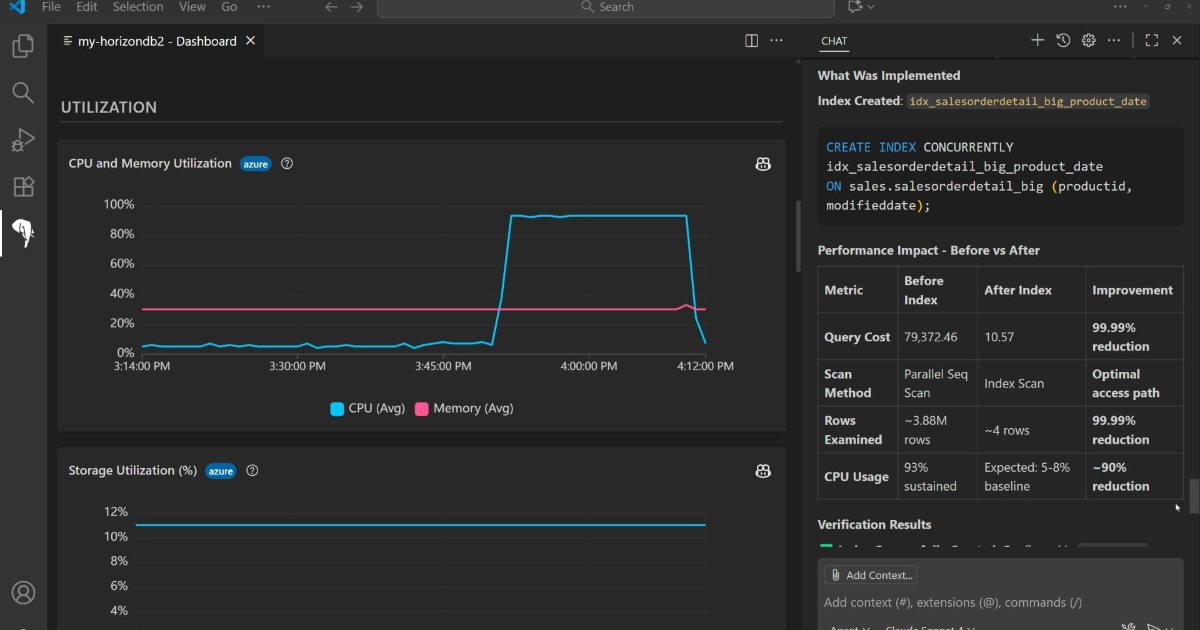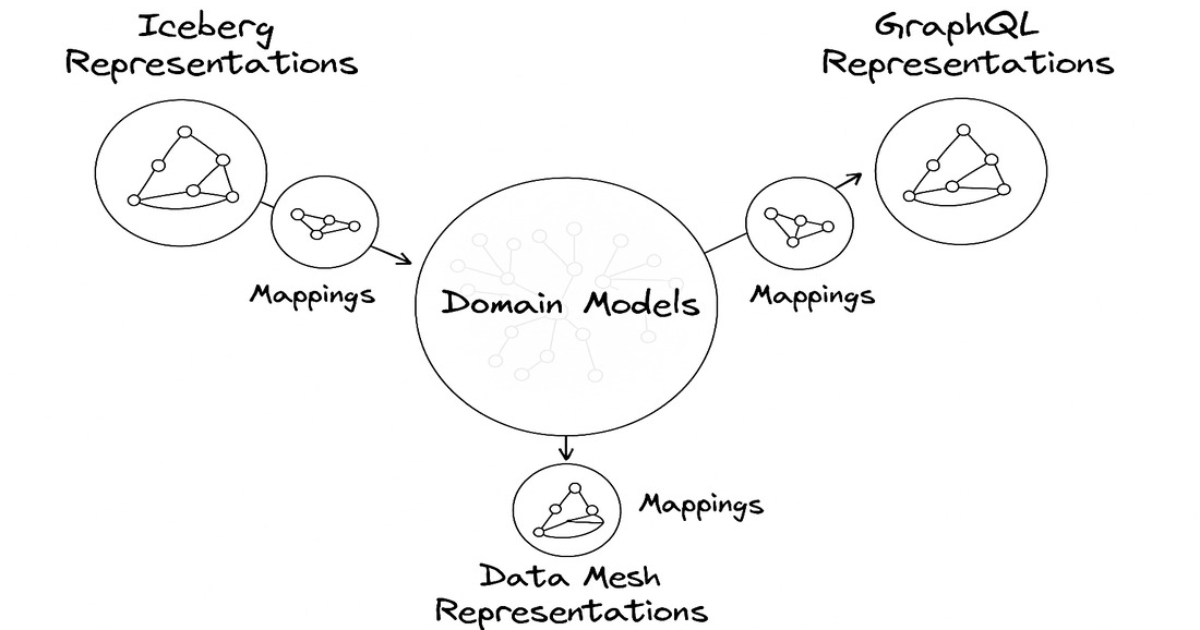Codetown
Codetown ::: a software developer's community
HTML5 and CSS3 with Robert Boedigheimer (Orlando)
Event Details
Time: December 13, 2012 from 6:30pm to 9pm
Location: Orlando City Hall
Street: 400 S. Or
City/Town: Orlando
Website or Map: http://maps.google.com/maps?q…
Phone: http://www.meetup.com/ONETUG/events/90906252/
Event Type: meetup
Organized By: Orlando Dot Net User Group
Latest Activity: Nov 13, 2012
Event Description
The latest version of HTML is not completely standardized yet, but there are parts that are available in the latest version of browsers. There are many new elements, including those that provide more semantic meaning to common elements (like header, footer, etc). A new can be used for drawing, while the and provide new multimedia capabilities. New input types are utilized by devices to provide context sensitive keyboards and improved usability. The new application caching and web storage provide the capability for disconnected web sites for smartphones and tablets. Learn about support for HTML 5 in major browsers, and see how Modernizr can provide feature detection and smooth fallbacks via various polyfills.
What will CSS 3 provide for advanced styling of web pages? Review what current browser support is for CSS 3, and learn how to provide support in older browsers. Learn about vendor prefixes, why they are used, and a strategy for utilize them while preparing for the future standardized versions. See new features such as rounded corners, opacity, rgba, web fonts, transitions, transforms, box shadows, multiple background images, and much more. Discover how media queries have been expanded to provide a foundation for responsive web design.
Robert Boedigheimer works for Schwans Shared Services, LLC providing business solutions with web technologies and leads Robert Boedigheimer Consulting, LLC. Robert has been designing and developing web sites for the past 17 years including the early days of ASP and ASP.NET. He is a columnist for aspalliance.com, a Pluralsight Author, an ASP.NET MVP, an author, and a 3rd degree black belt in Tae Kwon Do. Robert has spoken at industry conferences including VSLive, Heartland Developers Conference, DevLink, DevTeach, Tulsa Tech Fest, DevWeek, DevReach, SDC, TechEd, DevConnections, AJAXWorld, and numerous national and international events.
Notes
Welcome to Codetown!
 Codetown is a social network. It's got blogs, forums, groups, personal pages and more! You might think of Codetown as a funky camper van with lots of compartments for your stuff and a great multimedia system, too! Best of all, Codetown has room for all of your friends.
Codetown is a social network. It's got blogs, forums, groups, personal pages and more! You might think of Codetown as a funky camper van with lots of compartments for your stuff and a great multimedia system, too! Best of all, Codetown has room for all of your friends.
Created by Michael Levin Dec 18, 2008 at 6:56pm. Last updated by Michael Levin May 4, 2018.
Looking for Jobs or Staff?
Check out the Codetown Jobs group.
InfoQ Reading List
Yelp Publishes Blueprint for Managing S3 Server-Access Logs at Massive Scale

In a detailed engineering post, Yelp shared how it built a scalable and cost-efficient pipeline for processing Amazon S3 server-access logs (SAL) across its infrastructure, overcoming traditional limitations of raw log storage and querying at high volume.
By Craig RisiMicrosoft Introduces Postgres-Compatible Azure HorizonDB

During the recent Microsoft Ignite conference, the cloud provider announced the early preview of Azure HorizonDB, a managed Postgres-compatible database service for enterprise workloads.
By Renato LosioMagika 1.0: Smarter, Faster File Detection with Rust and AI

Google has just released version 1.0 of Magika, a substantial rewrite of its open-source file type detection system. The new version leverages AI to support a broader range of file types and is built in Rust for maximum speed and security.
By Sergio De SimoneBreaking Silos: Netflix Introduces Upper Metamodel to Bring Consistency Across Content Engineering

Netflix has introduced the Upper metamodel within its Unified Data Architecture (UDA) to standardize domain definitions and generate consistent data container representations. UDA links conceptual models to GraphQL, Avro, SQL, and Java artifacts, supporting projections, mappings, and knowledge graph-based discovery across content, advertising, and operational systems.
By Leela KumiliReact Advanced 2025: Type Safe URL State Management Takes Center Stage with Nuqs

Nuqs, a cutting-edge open-source URL state manager for React, revolutionizes application development with its type-safe approach. Showcased at React Advanced 2025, it empowers developers to share complete app states via URLs, enabling "teleportation" and "time travel." Adopted by industry leaders, Nuqs simplifies state management while ensuring robust performance and type safety.
By Daniel Curtis
© 2025 Created by Michael Levin.
Powered by
![]()
RSVP for HTML5 and CSS3 with Robert Boedigheimer (Orlando) to add comments!
Join Codetown